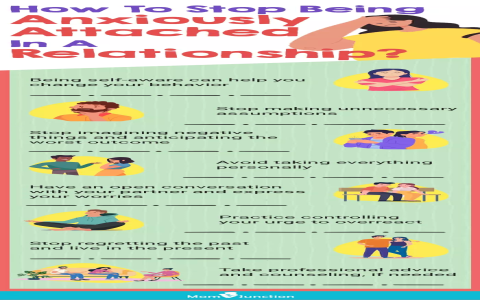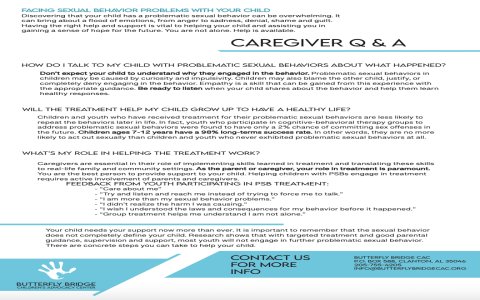My Boyfriend’s Daughter is Ruining Our Relationship
Navigating through a romantic relationship can be challenging under the best circumstances, but when a child enters the mix, things can get even more complicated. For many people, being part of a blended family is a rewarding experience, yet it often comes with unexpected hurdles. The situation can become increasingly fraught, especially if you feel like your boyfriend’s daughter is causing rifts between you and your partner. So, what do you do when you feel that "my boyfriend’s daughter is ruining our relationship"?

Often, the root of the problem lies in the dynamics of a blended family. Children naturally look for stability and feel protective over their parents. When a new partner enters the equation, they might view this person as a potential threat to their familial structure. This behavioral response doesn’t stem from malice but instead illustrates a child’s instinctual desire to maintain their established relationships. Recognizing this can be a critical step in addressing underlying tensions.
Communication plays an essential role in resolving these conflicts. It’s vital to have an open dialogue with your boyfriend about how his daughter’s actions impact your relationship. Be honest about your feelings, but also approach the conversation delicately. Use "I" statements to express your emotions. For example, saying "I feel excluded when your daughter doesn’t acknowledge me" may be less confrontational than stating "Your daughter is rude to me." Framing your feelings this way encourages understanding rather than defensiveness.
Setting boundaries is equally important, though it should be a collaborative effort with your boyfriend. Decide together how you wish to navigate interactions with his daughter. Establishing guidelines on how both of you will engage with her can not only create a sense of unity in your relationship but also provide the child with a clear understanding of expectations. These boundaries help ensure that you both feel respected and valued in the family dynamic.
Alongside communication, patience is crucial. Transitioning into a step-family situation takes time, and immediate acceptance isn’t always a reality. Children may need space to adjust to their parent being in a new relationship. Providing consistent reassurance can help alleviate her fears. Validate her feelings and offer support, emphasizing that your love for her father does not diminish your care for her. Building a rapport with her can cultivate a more positive relationship over time.
Encouraging shared activities can also bridge the gap between you and your boyfriend’s daughter. Engaging in fun and interactive experiences together can foster familiarity and connection. Whether it’s cooking, exploring nature, or enjoying movie nights, these moments can help the child feel included and valued, thereby reducing any perceived competition she feels for her father’s attention.
It’s also important to stay informed about the complexities of parenting dynamics. Literature on blended family dynamics can provide valuable insights on how to navigate conflicts specific to these situations. Books and resources can offer strategies tailored to enhancing communication, fostering respect, and building relationships, which can make your journey easier.
Ultimately, reflecting on your own feelings and motivations is equally essential. Ask yourself why you feel threatened or hurt by your boyfriend’s daughter’s behavior. Is it a fear of inadequacy or abandonment? Gaining clarity on your emotions can help you manage your reactions better.
While it may seem like your boyfriend’s daughter is the cause of your relationship troubles, often it’s a lack of understanding and communication that leads to misunderstanding. By working together with your partner, establishing boundaries, and creating opportunities for bonding, the complications surrounding a blended family can be transformed into opportunities for growth and affection.

Through a collective approach, it’s possible to foster a nurturing environment that honors both your relationship and the unique challenges posed by family dynamics. With time, empathy, and effort, you can build the family life you envision, filled with love and connection.



